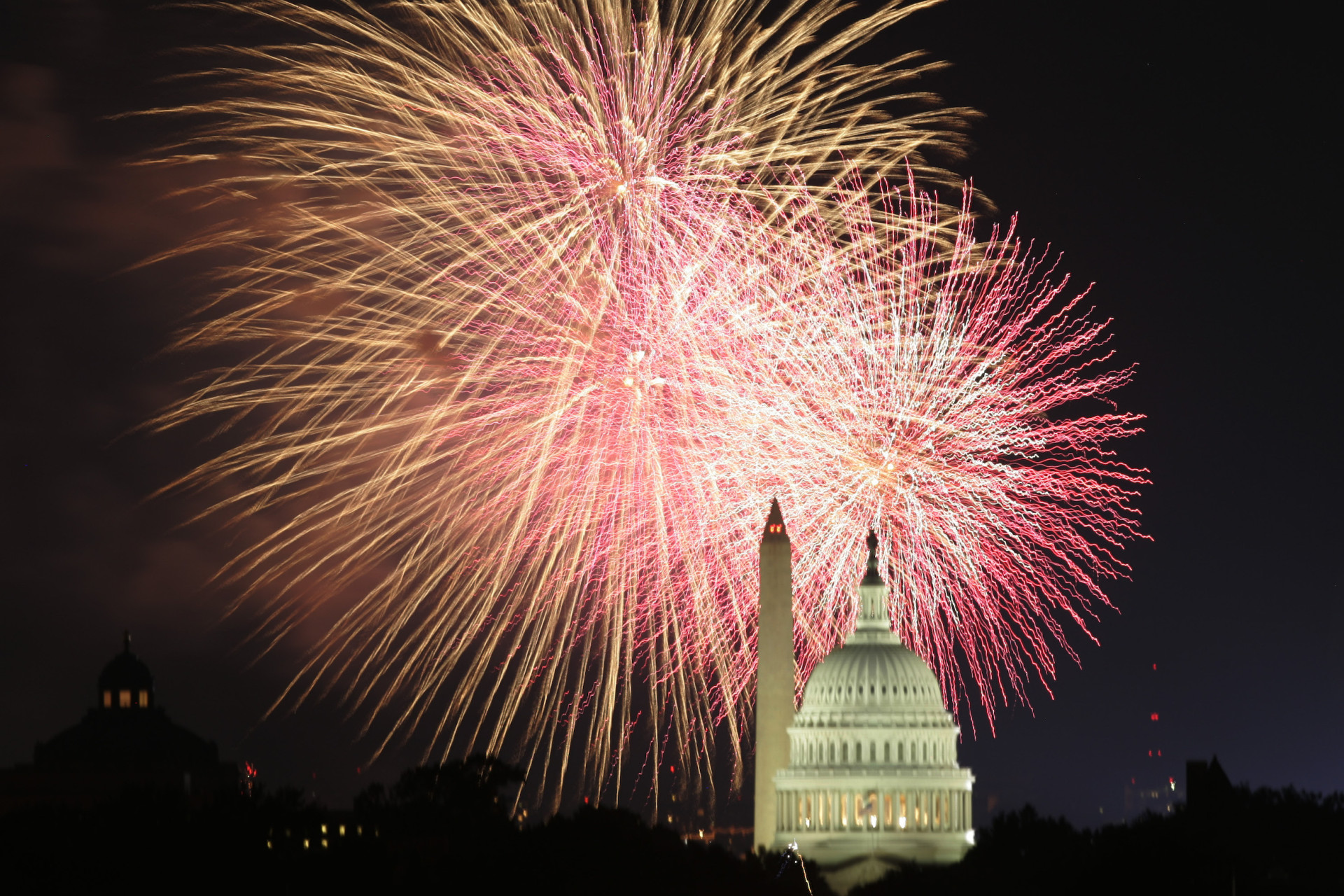The President’s Inbox Recap: The Fourth of July
The American Revolution wasn’t inevitable.

By experts and staff
- Published
The latest episode of The President’s Inbox is live. This week, Jim sat down with Jack Rakove, Coe Professor of History and American Studies and Professor of Political Science, Emeritus at Stanford University and the author of Revolutionaries: A New History of the Invention of America.
They discussed the meaning of the Fourth of July and why it still matters today.
Here are three highlights from the discussion:
1. The Fourth of July wasn’t predestined. The thirteen colonies chose independence in good part because of the harsh policies the British government and the royal governor of Massachusetts pursued to squelch dissent. Had the British taken a more conciliatory tack, they may have avoided the “crisis of Independence.”
2. Colonial moderates didn’t embrace independence until late in the day. Revolutionary figures like Samuel Adams advocated for independence early on. But important moderate political figures like John Dickinson, John Jay, and James Wilson hoped that Britain would respond to their appeals for compromise. Rather than offer conciliation, London responded with more coercion. The result was that moderates joined with the radicals in calling for independence. Sometimes “get tough” policies produce the outcome they are intended to prevent.
3. The men who signed the Declaration of Independence unleashed two revolutions. One of the revolutions was obvious—overthrowing British rule. The other revolution was not necessarily understood by many of the Declaration’s signatories but was even more consequential in its effect, namely, the idea of individual liberty. Jack argued that signatories saw the phrase “all men are created equal” as signifying that Americans as a group were equal to the people of other countries and had a right to their independence. It would only come later, as a government was first stood up under the terms of the U.S. Constitution, that the “populist reading of the Declaration” took hold “as a statement of individual equality—equality for all groups, and not just for the American people as a whole.” Jack described it as an unwittingly “corrosive principle” that expanded human liberty—“once you apply it in one realm of behavior, where it seems to make sense, why not apply it in others?” And “that’s been the great transformative story of American history.”
If you’re looking to learn more about the Fourth of July, Jim commemorated the holiday with TWE’s thirteenth annual Fourth of July trivia quiz. You can access it here.